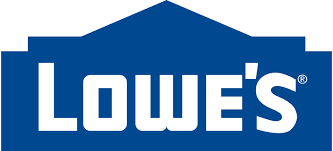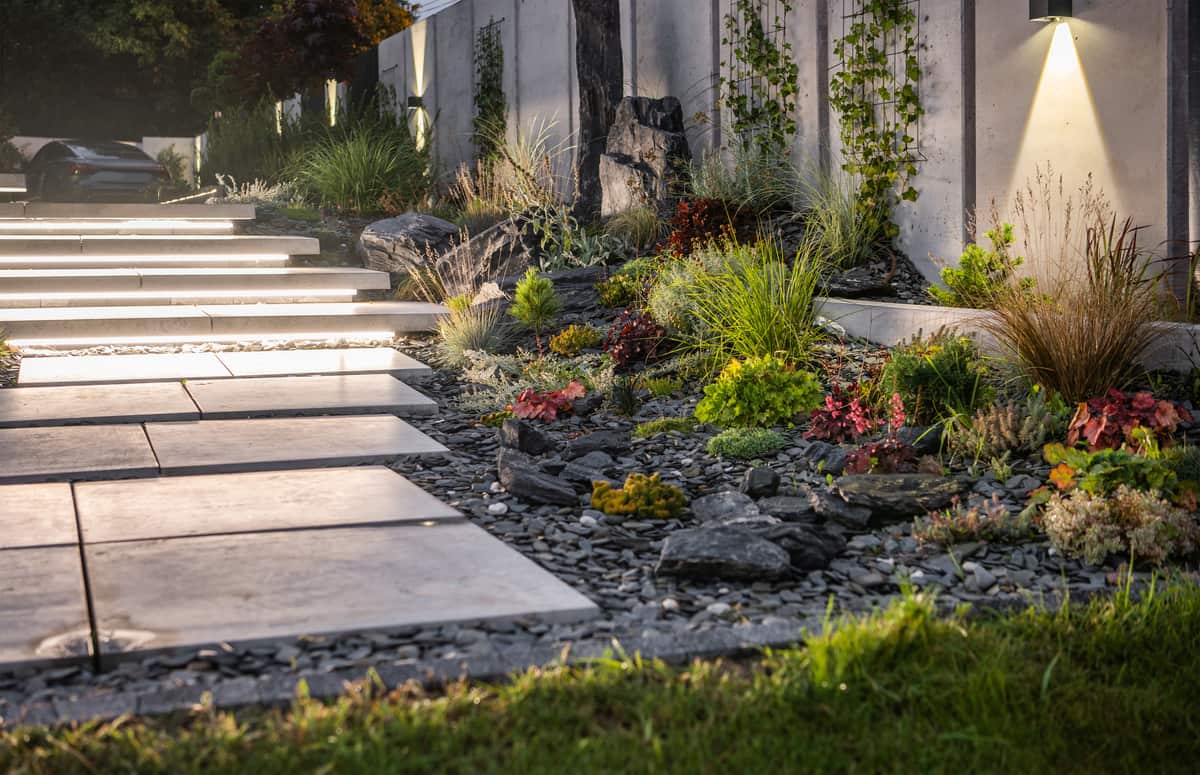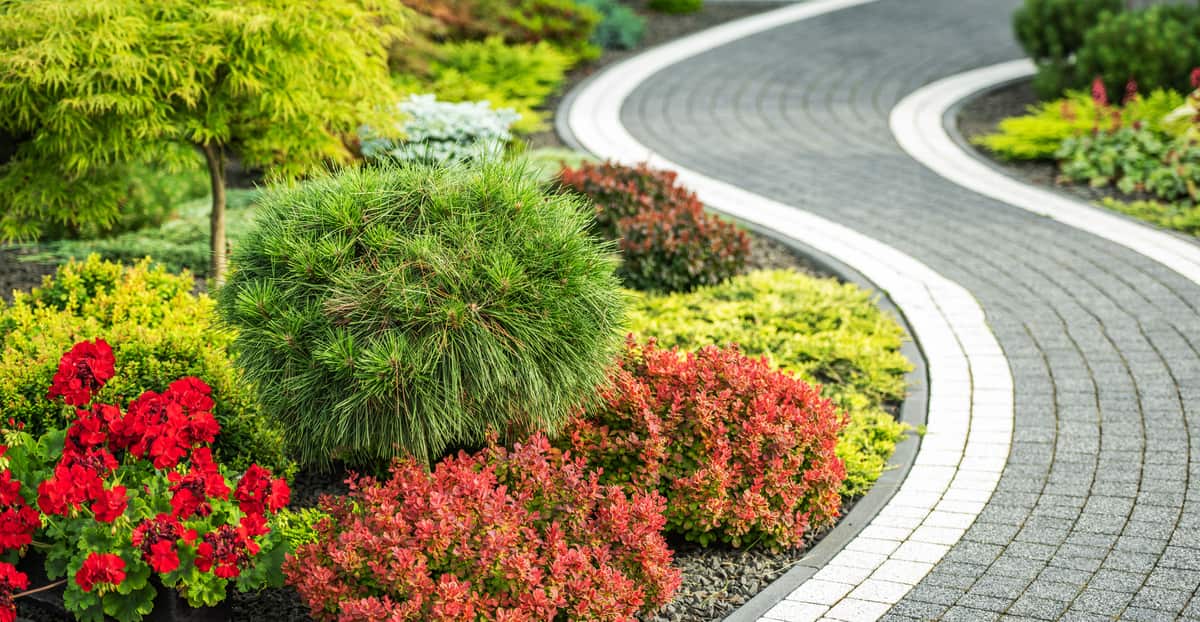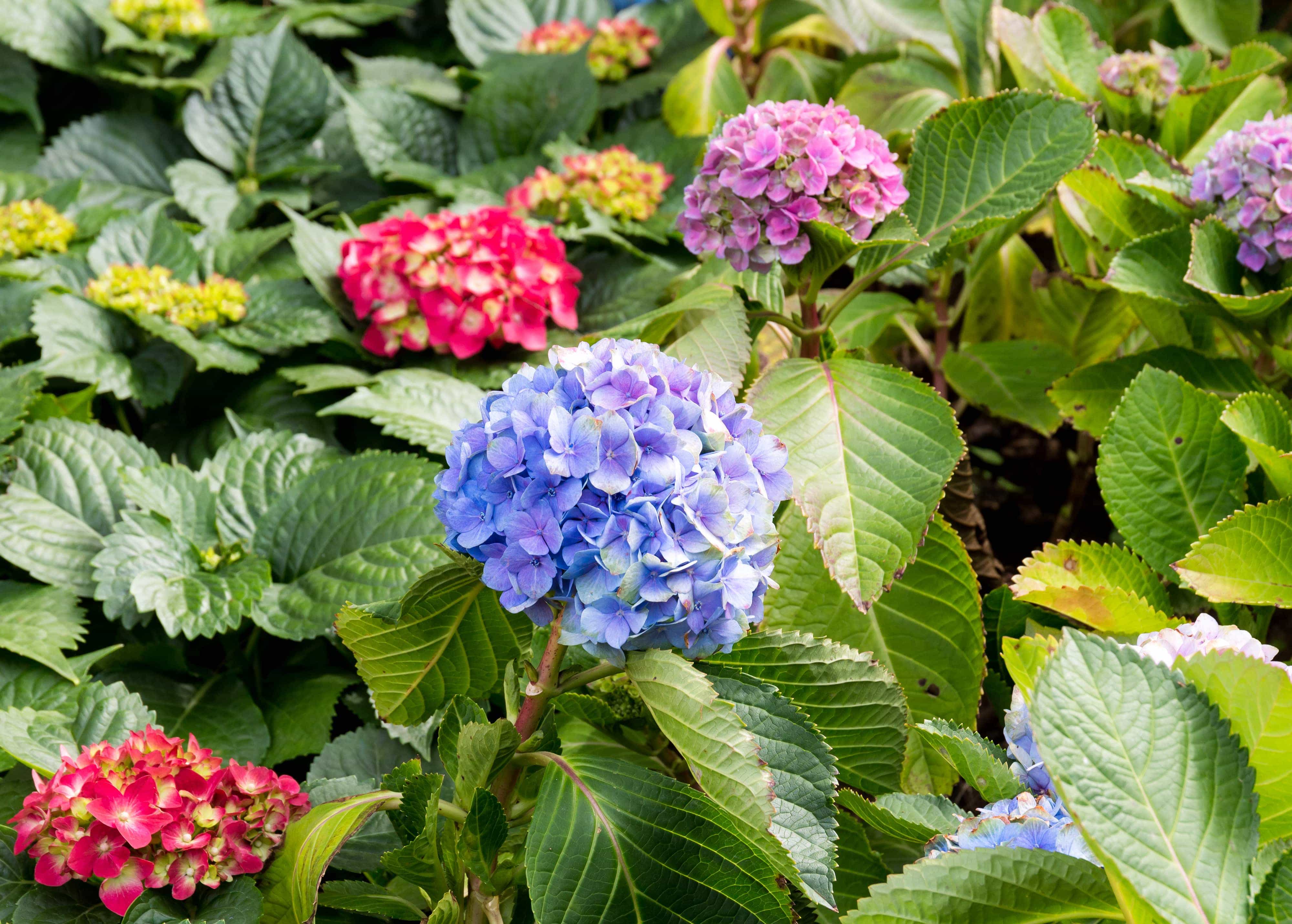Hey there, it’s Mr. Lee again from Lee’s General Landscaping. Caring for your lawn doesn’t have to mean using harsh chemicals or draining our city’s precious water resources. In fact, there are plenty of eco-friendly ways to keep your Seattle lawn healthy and beautiful—while being kind to the planet. Let’s explore a few simple changes you can make to create a lawn that’s as good for the environment as it is for your family.
Cut Down on Water and Fertilizer
Smart Watering:
Instead of giving your lawn a quick sprinkle every day, water deeply but less often. Early mornings are best, so the water can soak in before the sun’s heat kicks in. Consider installing a smart irrigation controller that adjusts watering based on weather forecasts—less waste, less fuss.
Grasscycling:
Don’t bag those clippings! Leaving them on the lawn returns nutrients to the soil, reducing the need for fertilizers. Plus, it saves you the hassle of disposal.
Compost Topdressing:
A light layer of compost each year adds organic matter, improves soil structure, and increases moisture retention. Your lawn will get a nutrient boost without relying on synthetic chemicals.
Why It Matters:
You’ll save money on your water bill, reduce harmful runoff, and create a lawn that’s better able to handle droughts and pests on its own.
Choose Native or Drought-Tolerant Grass
Go Local:
Native grasses and drought-tolerant varieties naturally fit our Pacific Northwest climate. They require less watering and fewer chemical inputs, and they’re often more resistant to local pests and diseases.
Great Options:
- Fine Fescues: Perfect for cooler, shaded Seattle lawns.
- Native Grasses: Adapted to our rainfall patterns and soil, they’re low-maintenance and hardy.
Getting Started:
You can gradually overseed these types into your existing lawn or replace sections where grass struggles. Over time, you’ll have a lawn that’s more self-sufficient, saving you time and energy.
Go Organic with Fertilizers and Pest Control
Natural Nutrients:
Organic fertilizers like compost or fish emulsion release nutrients slowly, enriching your soil over time. Instead of a quick chemical fix, you’ll get long-term soil health and improved grass resilience.
Eco-Friendly Pest Control:
Try beneficial insects (like ladybugs) or natural remedies like neem oil to keep pests in check. Not only are these options gentler on the environment, but they’re also safer for your kids, pets, and local pollinators.
The Payoff:
By steering clear of synthetic chemicals, you’ll protect our local waterways and help maintain a balanced ecosystem in your own backyard.
Consider Lawn Alternatives
Clover Lawns:
Clover stays green longer, needs less water, and fixes its own nitrogen—meaning fewer fertilizers. Plus, it attracts pollinators like bees, supporting our local ecology.
Moss Lawns:
Have a shady, damp spot where grass just won’t grow? Moss might be your answer. It’s soft, green, and requires almost no upkeep—no mowing, no fertilizer, and minimal watering.
Ground Covers:
Plants like creeping thyme or ajuga form a dense, low-growing carpet that’s both beautiful and easy to maintain. They reduce weeds, help with erosion, and stand up well to Seattle’s varying weather.
Wrapping It Up
By choosing more sustainable lawn care practices, you’ll spend less time and money on maintenance, and more time enjoying a healthy, green yard. From watering smarter and using fewer chemicals to exploring new grass varieties or even ditching grass altogether, there are plenty of ways to create an eco-friendly lawn that thrives in our Pacific Northwest climate.
If you need any help making the switch or want guidance on the best eco-friendly options for your Seattle home, give me a call at Lee’s General Landscaping. Together, we’ll create a lawn that’s beautiful, sustainable, and uniquely yours!
When we roll out your new lawn, we trust JB sod because it’s like picking the perfect carpet for your living room—soft, sturdy, and made to last. JB’s been growing high-quality grass in the Northwest for decades, ensuring that every patch is lush, vibrant, and ready to thrive in our Seattle weather. It’s a simple way to give your yard the reliable, beautiful foundation it deserves.






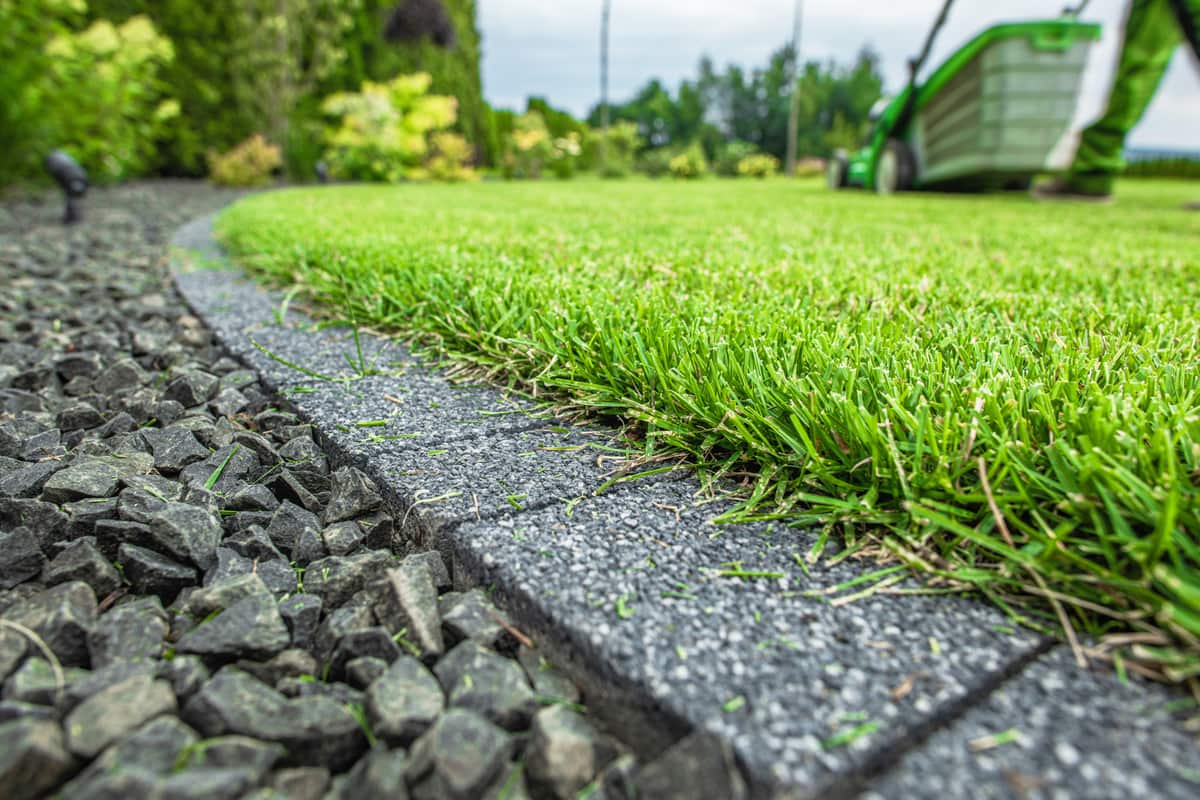
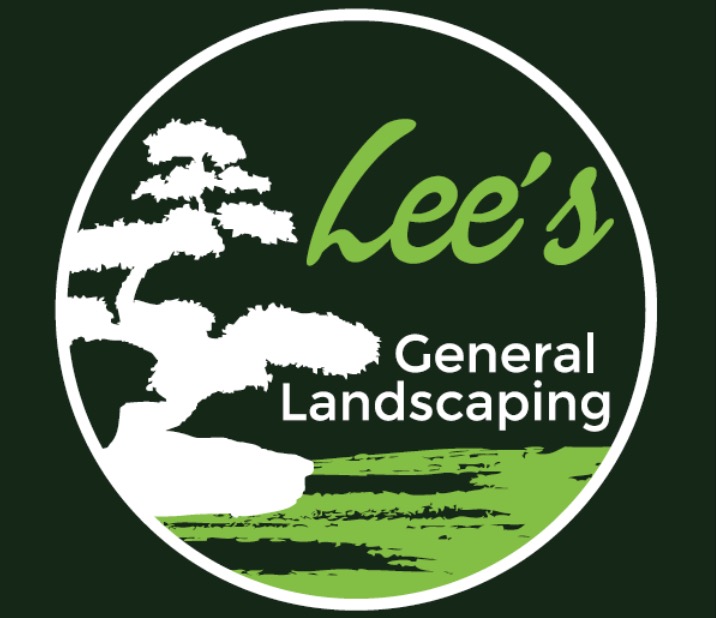
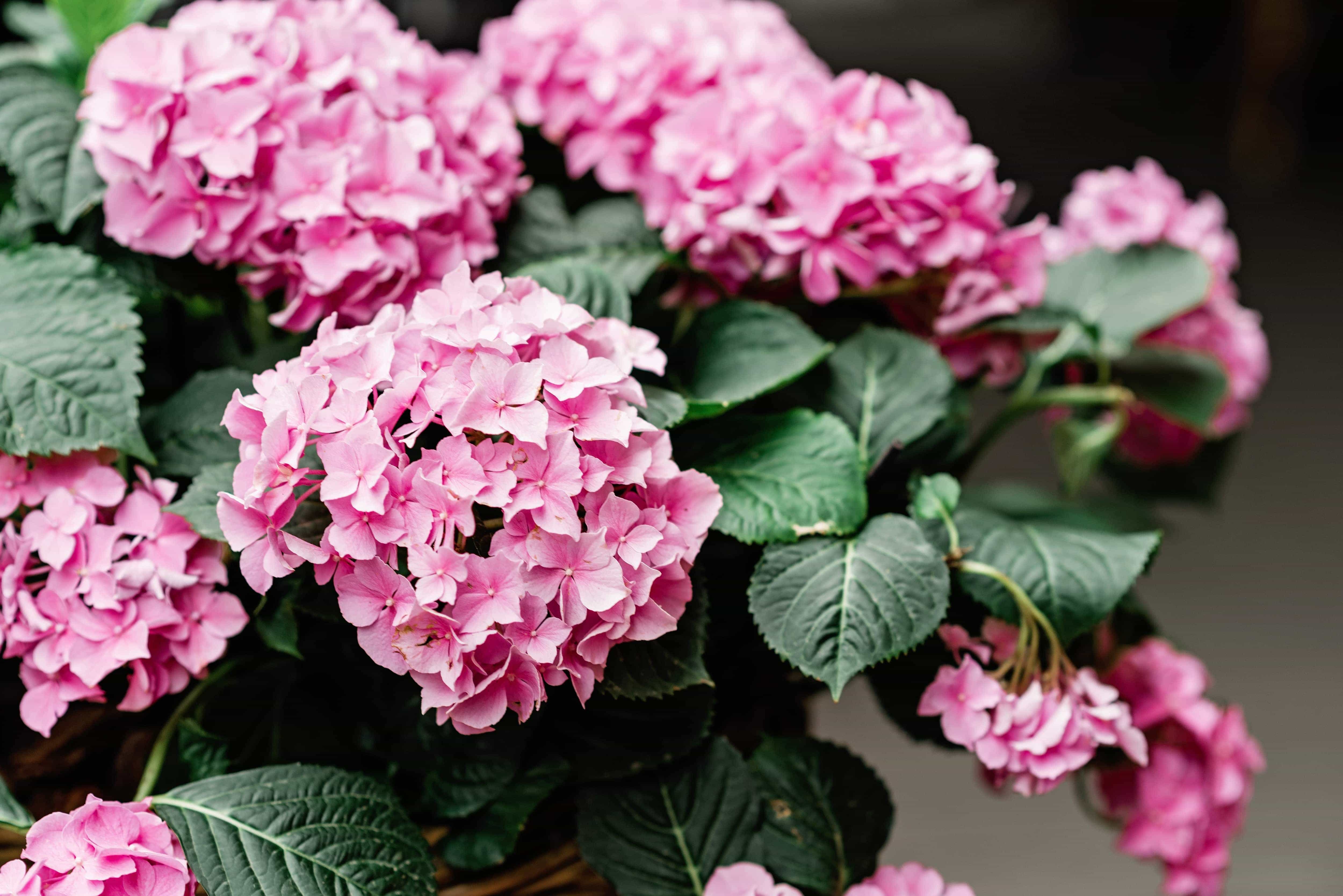
.jpg)







